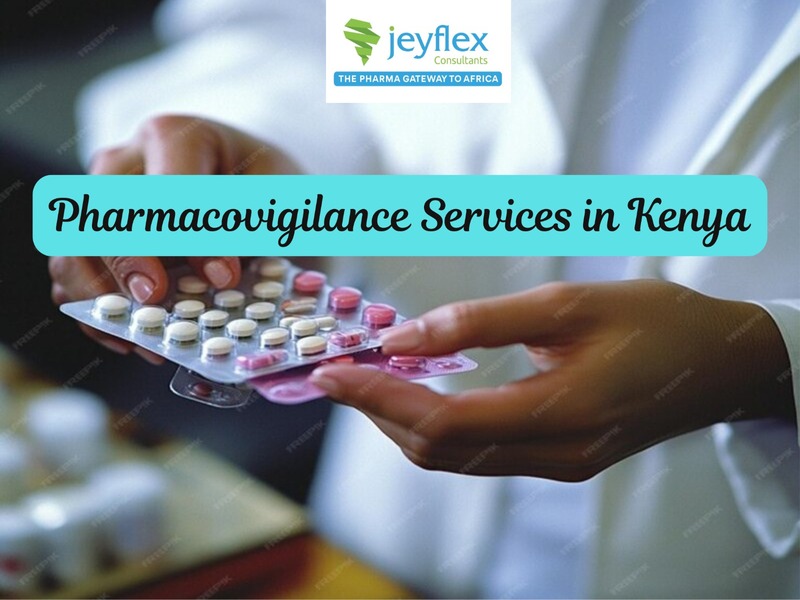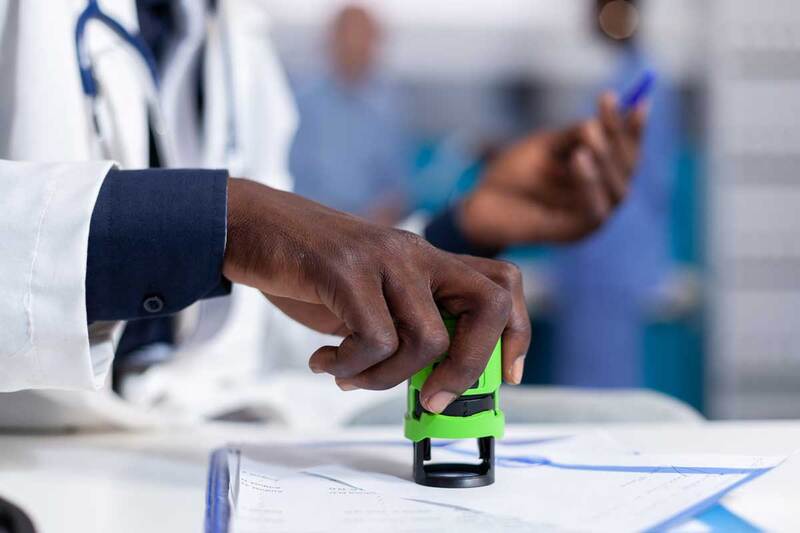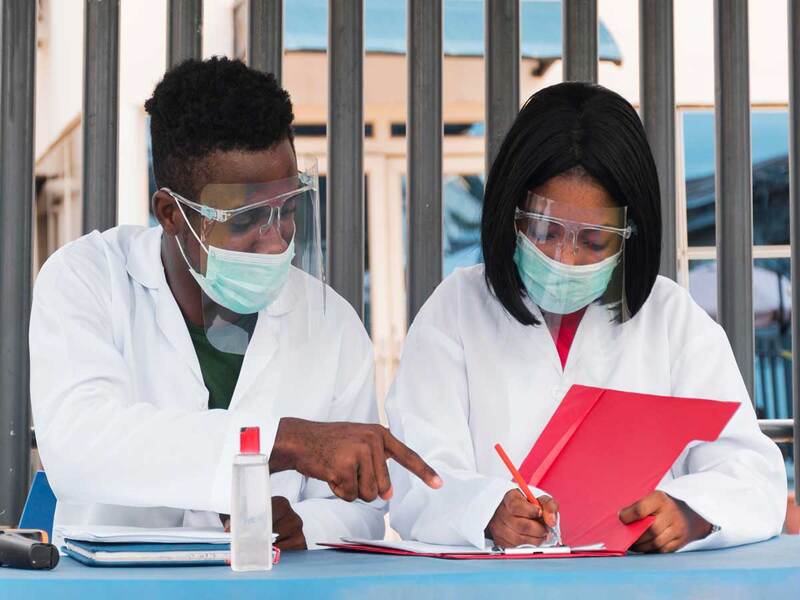Introduction
Pharmacovigilance services in Kenya play a key role in addressing drug safety. The Pharmacy and Poisons through the Pharmacovigilance Centre, manages these activities in collaboration with healthcare experts, the public and other stakeholders, to promote the effectiveness of pharmacovigilance. Continued efforts are needed to address critical issues such as underreporting and resource limitations. Accountability through the appointment of a qualified Person for Pharmacovigilance
Outsourcing Pharmacovigilance services is an important business model. It can increase efficiency by more than 50 % and save at least 30% of the operational costs besides saving the company the associated skilled Human resource challenges Pharmacovigilance (PV) Outsourcing — New PV business models.
Pharmacovigilance in Kenya involves activities related to the detection, assessment, understanding and prevention of adverse events or other drug-related problems. These services are essential to ensure the safety and efficiency of drug treatment in Kenya
Below is an overview of pharmacovigilance services in Kenya.
ICSR Processing and Submission
- Triage of initial and follow-up ICSRs, SUSARs,
- Case Processing
- Quality Check, and medical reviews
- Submission of cases as per agency timelines
- Maintaining case processing & tracking sheets
- Monthly Reconciliation process with the relevant stakeholder
Literature Screening
Literature screening in pharmacovigilance is a critical system that involves searching, retrieving, and comparing data from various assets to identify capability protection concerns with a drug or scientific tool. It becomes a crucial thing in pharmacovigilance as the primary objective of the screening is to hit upon adverse drug reactions, all types of protection information, and efficacy records of scientific products.
The need to thoroughly screen published literature as part of a pharmacovigilance system can result in challenges like a heavy workload, the necessity for highly skilled personnel, time-intensive processes, and possibly insufficient outcomes
Risk Management Plan
- Drafting, reviewing, and maintaining RMPs and REMS while providing support through submission methods
- Preparing customized procedures to classify safety risks and deliver tailored risk management strategies
- Assessment of potential risks and missing information and prepare reports that recommend risk management methods
- Implementation of supplementary measures, including Post-Authorization Safety Studies (PASS), such as developing academic materials, observational examinations, and targeted follow-up questionnaires
- Effectively convey risks through labelling means such as Summary of Product Characteristics (SmPC) and patient information leaflet (PIL)
Aggregate Reports
- Periodic Safety Update Report (PSURs)
- Annual Safety Reports (ASRs)
- Periodic Benefit Risk Evaluation Reports (PBRERs)
Signal Management
- Identification of new safety signals and/or changes in risks concerning a pharmaceutical product from ICSR database, literature, pharmacovigilance Aggregate reports as well as Health Authority website monitoring
- Provide recommendations from signal assessments which include risk minimization approaches
- Preparation of Signal Management Tracker, and Annual Signal Reports.
QPPV Services
- Authoring & Review of PSMF, PV SOPs etc.
- Monthly reconciliation
- Medical review of Signal detection; Signal Surveillance Meetings (Quarterly)
- Monthly Communication report/provision of compliance metrics
- PV Quality Management System Oversight
PV Audit & Compliance
- Review compliance audit to applicable PV guidelines, regulations, Safety Data Exchange Agreements (SDEAs), SOPs (standard operating procedures) and work instructions
- Optimize well-constructed audit plans as well as mock audits to prepare customer organizations for PV inspections conducted by the respective competent authority.
- Conduct regular gap assessments of PV staff at site location
- Provide organizational training on safety audits and inspections
PV Training and capacity
To ensure continuous development of skills crucial for performing pharmacovigilance activities, training and capacity building form essential components.
Specialized Pharmacovigilance training includes but is not limited to guidance on Case management, implementing risk management strategies, aggregate reporting and conduct during PV audits/inspections. Training should take place continuously to help personnel keep updated with the current guidelines.
Capacity building in PV enhances the overall sustainability of PV systems. This includes fostering collaboration among stakeholders to improve drug safety and also strengthening the frameworks already in place.
Regulatory intelligence
In pharmacovigilance, regulatory intelligence refers to the process of monitoring, reviewing and interpreting journals and websites to capture any related drug safety and adverse event reporting.
This intelligence helps ensure compliance, improve safety monitoring practices, and support timely reporting to Health authorities. By staying updated, pharmacovigilance teams can enhance patient safety and meet legal requirements efficiently.
Key Challenges in Pharmacovigilance Services in Kenya
- Underreporting of ADRs: Despite efforts, underreporting remains a significant challenge.
- Resource Limitations: There may be constraints in terms of funding and personnel dedicated to pharmacovigilance activities.
- Data Management: Managing and analyzing large volumes of ADR data efficiently can be challenging.
As the premier pharmacovigilance service provider in Kenya, Jeyflex recognizes the importance of patient safety from clinical trials to post-marketing surveillance. we provide end-to-end Pharmacovigilance services in Kenya
Conclusion
Overall, Jeyflex is a trusted partner in ensuring patient safety throughout the medical lifecycle in Kenya, from clinical trials to post-marketing surveillance, our entire pharmacovigilance services are designed to meet local regulations and maintain the highest safety standards. When you choose Jeyflex, you can be sure that all aspects of pharmacovigilance are managed by an expert, so you can focus on providing the best care to those who need it most
Article by Marraret Ouma







